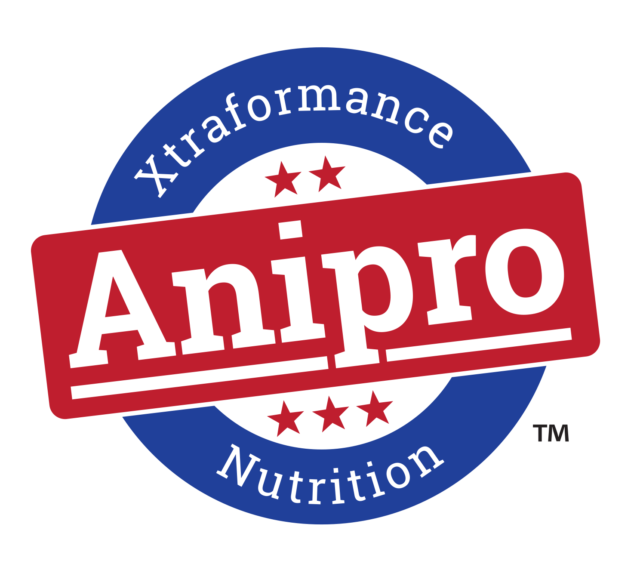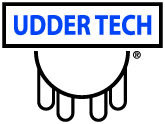Dr. Tony Provin, who leads the Texas A&M Soil and Forage Testing Laboratory in College Station, gave beef cattle producers at a Brazos County workshop a first-hand look at Invitro True Digestibility analysis, which gives ranchers “a truer picture” of the digestibility of warm season grasses consumed by cattle.
“This test is determined by the actual cattle rumen fluid,” Provin said. “We put that (rumen fluid) in with a sample and incubated.
The advantage of this method is that it gives us a true picture of digestibility of warm-season forages dominating Texas that are fed to our feeder calves and non- dairy animals. What this will do for our cattlemen is provide them with great information on when to supplement or not supplement, which directs their feed dollars and their bottom line.”

Provin said the rumen fluid is added to an unknown forage sample and incubated for 48 hours. The remaining material is considered non-digestible, giving an indication of what portion of nutrition the forage is available to the animal, Provin said.
“The wet chemistry method takes days, but many producers don’t have a week or more to wait on laboratory analyses, particularly in drought years when hay is bought and fed nearly the same day,” Provin said.
Also used in the lab to correlate IVTB is near infrared spectrometry, a modern method using wave lengths of light, helping predict a sample’s differences, Provin said.
He noted the testing is “very rapid, very affordable.”
This method has been commonly used to determine feed quality in alfalfa in other parts of the U.S., Provin said. The work began as a collaborative project with Dr. Tryon Wickersham, a Texas A&M AgriLife Research nutritionist and associate professor in the department of animal science at Texas A&M, who has been evaluating the digestive quality of several traditional and non-traditional forage types.
Approximately three years of forage samples submitted to the testing laboratory helped develop a database that samples could be screened against, Provin said.
“To the best of our knowledge working with Dr. Wickersham, our lab along with some work being done at Stephen F. Austin, we are the first in the southern states to do this from a commercial standpoint, working with producer samples in determining IVTD.”
For more information about the soil and forage testing laboratory, visit http://soiltesting.tamu.edu/. ![]()
PHOTOS
TOP: Invitro True Digestibility analysis gives ranchers 'a truer picture' of the digestibility of warm season grasses consumed by cattle. PHOTOS by Blair Fannin, courtesy of Texas AgriLife.
MIDDLE: Dr. Tony Provin discusses Invitro True Digestibility Analysis as well as other forage science recently with Brazos Valley beef producers.








